If you're a homeowner, you may have wondered whether you need to repair or replace your HVAC system. HVAC systems are an essential part of your home, and keeping them functioning correctly is important.
Understanding HVAC systems is critical to making an informed decision. HVAC systems are designed to provide heating, ventilation, and air conditioning to your home. By understanding your HVAC system, you'll be better equipped to evaluate its condition and decide whether to repair or replace it.
This article will examine the factors that can help you decide whether to repair or replace your HVAC system.
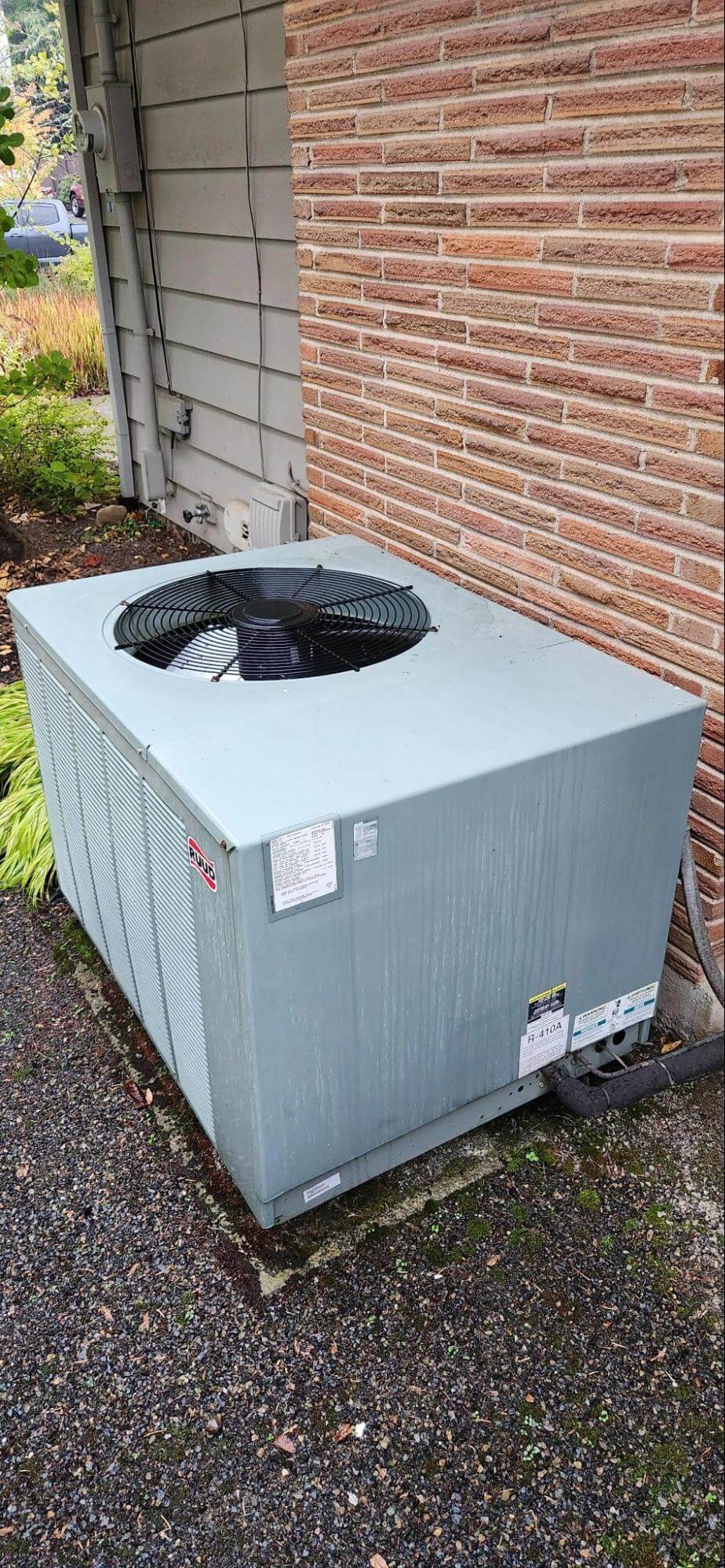
As a homeowner, you are probably familiar with the term "HVAC," which stands for Heating, Ventilation, and Air Conditioning. This system regulates the temperature and air quality within your home.
The HVAC system is designed to keep your home comfortable and healthy by providing a consistent flow of fresh air throughout your living spaces.
The functionality of the HVAC system is based on the principles of thermodynamics. This means the system uses energy to transfer heat from one area to another.
In the winter, the system pulls heat from the outside air and transfers it into your home to keep it warm. In the summer, the system pulls heat from your home and transfers it outside to keep your home cool.
The HVAC system comprises several components that provide efficient heating and cooling. These components include:
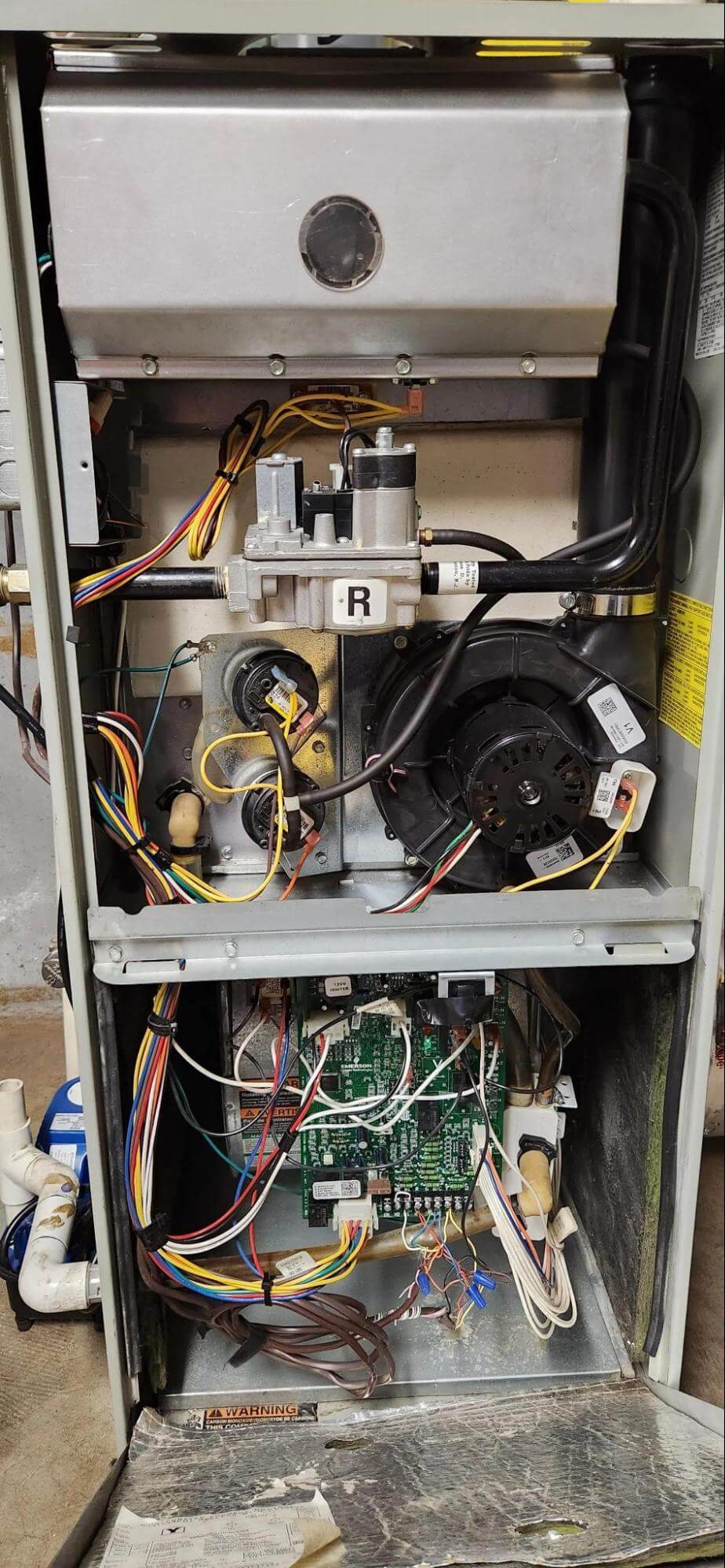
Understanding the functionality and components of your HVAC system is crucial for making informed decisions about repairs and replacements. Keeping your system well-maintained and up-to-date ensures that your home remains comfortable and healthy for years.
Regular HVAC maintenance decisions are necessary to ensure that your HVAC system performs efficiently and lasts its expected lifespan. However, despite proper maintenance,
HVAC systems will eventually deteriorate over time. HVAC deterioration is the natural wear and tear that occurs as a result of regular use.
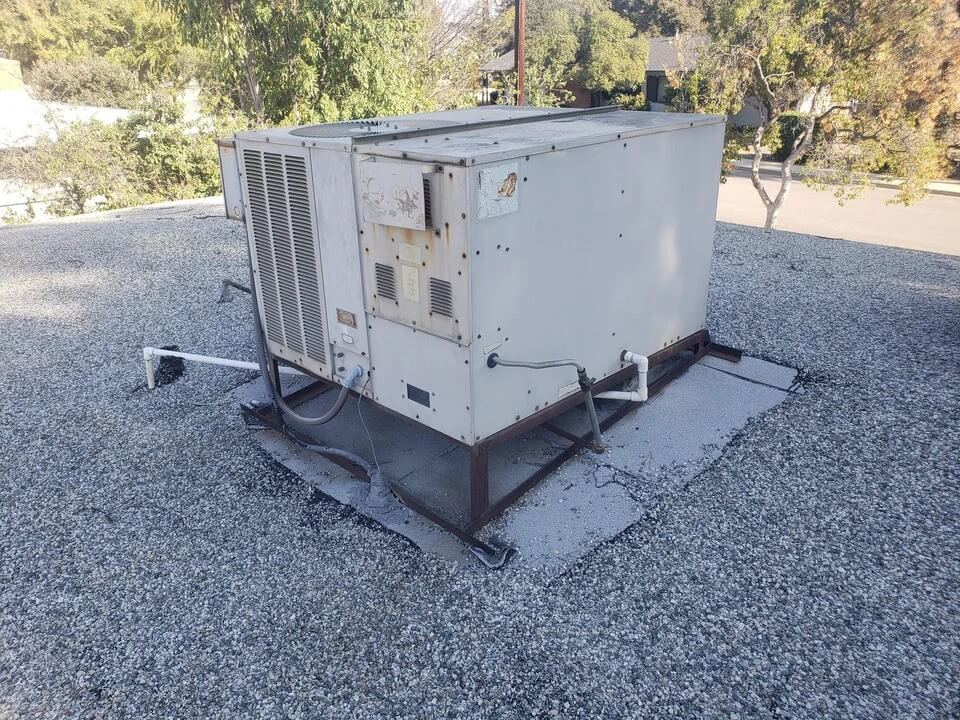
The lifespan of an HVAC system varies depending on several factors, including the quality of the system, the level of maintenance, and the frequency of use.
On average, HVAC systems last between 15 to 25 years. However, some systems may last longer or shorter than this range.
Knowing the warning signs of HVAC system deterioration is essential to determine whether you should repair or replace your system. Some common warning signs include:
To determine the condition of your HVAC system, it is essential to conduct a system assessment. A system assessment will help you identify any issues with your system and determine whether repair or replacement is necessary. Some factors to consider during a system assessment include:
By evaluating the condition of your HVAC system and identifying warning signs of deterioration, you can make an informed decision about whether to repair or replace your system.
When it comes to deciding whether to repair or replace your HVAC system, there are a few factors to consider. Below are some things to keep in mind when making your decision.
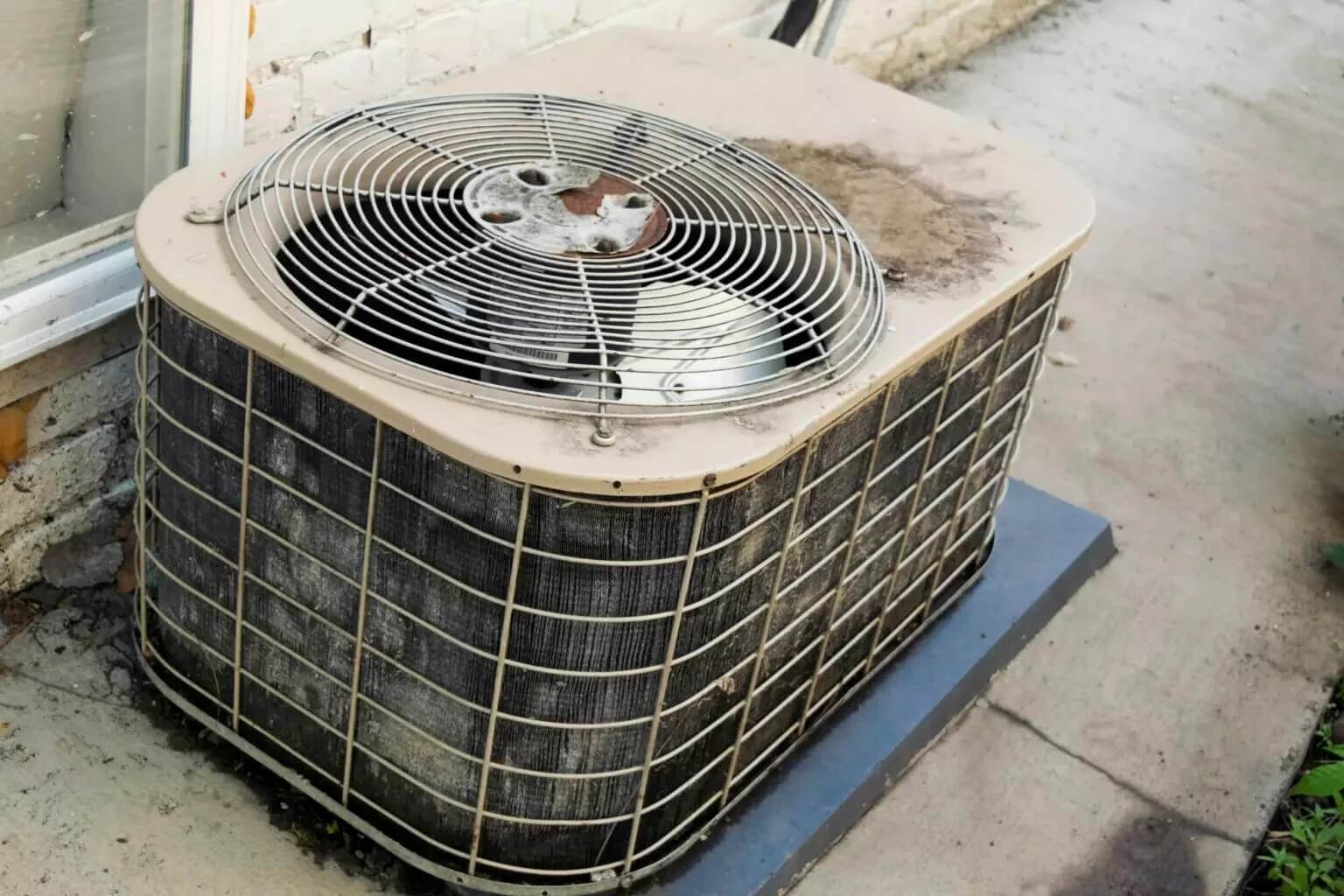
One of the main factors to consider when deciding whether to repair or replace your HVAC system is the cost of repairs. If the cost of repairs is relatively low and your system is still relatively young, opt for repairs rather than a complete replacement.
However, if the cost of repairs is high and your system is nearing the end of its lifespan, it may make more sense to invest in a new system.
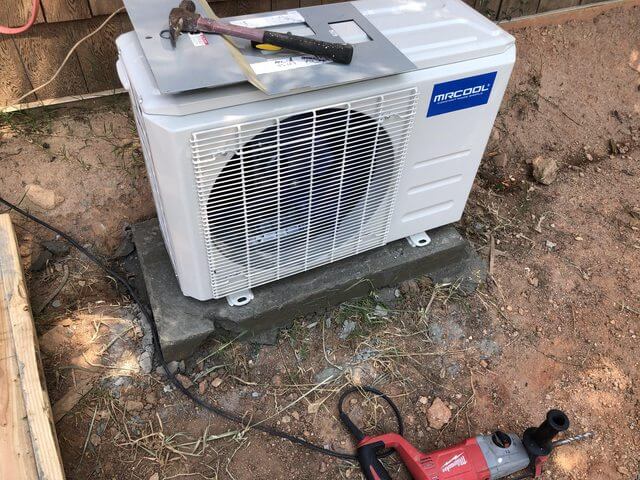
Another factor to consider when deciding whether to repair or replace your HVAC system is the cost of a replacement system. While a new system can be a significant investment, it can also provide long-term savings in terms of energy efficiency and lower repair costs.
When deciding, it is essential to consider the overall cost of a replacement system, including installation costs.
When deciding whether to repair or replace your HVAC system, cost analysis and budgeting are critical factors to consider. By comparing the costs of repair and replacement, you can determine which option is more cost-effective in the long run.
In addition to cost, the environmental impact of your HVAC system should also be considered. Green HVAC technology can significantly reduce your carbon footprint and energy costs. For example, a smart thermostat can help you save energy by automatically adjusting the temperature based on your schedule and preferences.
Energy efficiency is another crucial factor when deciding whether to repair or replace your HVAC system. Older systems are often less efficient, resulting in higher energy bills. Upgrading to a newer, more efficient system can save money on energy costs in the long run.
When budgeting for HVAC repair or replacement costs, it's essential to remember that the cost can vary depending on several factors, including the type of system you have, the extent of the damage, and the cost of labor in your area.
According to a 2024 cost guide by Modernize, the average cost range for HVAC replacement is between $6,465 and $11,877. However, this cost can vary depending on your location and the specific needs of your home.
To ensure that you are making an informed decision, it's recommended that you consult with a licensed HVAC professional. They can assess the condition of your system and provide you with an accurate estimate of the repair or replacement costs.
Maintaining your HVAC system is crucial to avoid costly repairs or replacements. Regular system care and preventive maintenance can extend the life of your HVAC system and keep it running at peak performance. Here are some tips to help you maintain your HVAC system:
Regular maintenance can extend the life of your HVAC system. On average, HVAC systems last 10-20 years, but proper care can help them last longer. Here are some additional tips to help increase the longevity of your HVAC system:
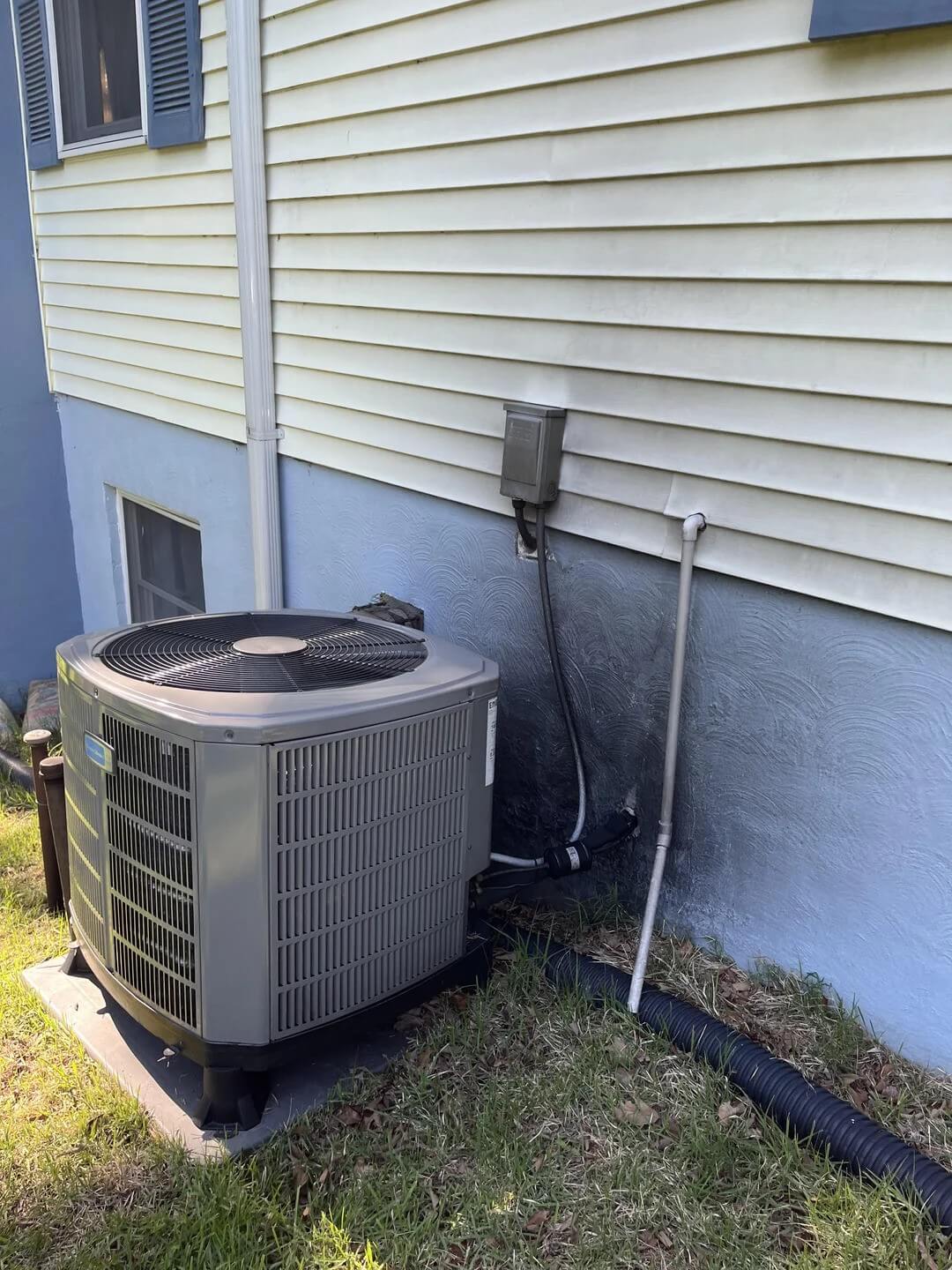
These tips help maintain your HVAC system and avoid costly repairs or replacements. Regular maintenance and care can extend the life of your system and keep it running at peak performance.
Seeking Professional Guidance
When faced with the decision to repair or replace your HVAC system, it can be difficult to know which option is best. In many cases, seeking professional guidance can help you make an informed decision.
Here are some important factors to consider when seeking expert consultation.
Before making any decisions, it's essential to have a professional assessment of your HVAC system. A qualified HVAC technician can inspect your system and evaluate its current condition.
They can identify any issues causing problems and determine whether repair or replacement is necessary. A proper assessment can also help you determine the cost-effectiveness of each option.
HVAC professionals undergo extensive training and have the expertise to diagnose issues accurately. They can provide expert recommendations based on their assessment of your system.
They can also help you understand the pros and cons of each option, including the cost, efficiency, and lifespan of your HVAC system. Seeking the advice of an expert can help you make an informed decision that is best for your specific situation.
When repairing or replacing your HVAC system, seeking professional guidance is essential. A qualified HVAC technician can comprehensively assess your system and give expert recommendations to help you make an informed decision.
In conclusion, deciding whether to repair or replace your HVAC system is a significant choice that requires careful consideration. You should assess the age and condition of your current system, evaluate the cost of repairs versus replacement, and factor in long-term energy savings.
As a homeowner, it is essential to remember that repairing your HVAC system may be a good option if the system is relatively new and the repair cost is less than half the cost of a new system. However, consider a replacement if your HVAC system is over 10-12 years old and the repair cost is more than half that of a new system.
Factoring in long-term energy savings is essential when deciding to repair or replace your HVAC system. A newer, more energy-efficient system may save you money on your monthly energy bills in the long run, making replacing a more cost-effective option.
Ultimately, deciding to repair or replace your HVAC system will depend on your situation.